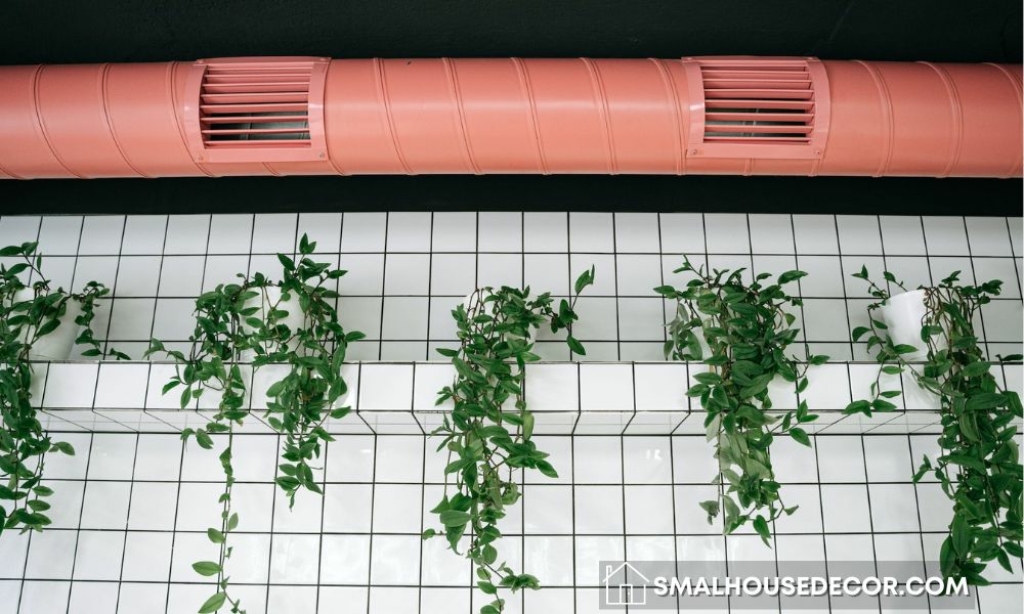When it comes to understanding the intricacies of HVAC systems, homeowners often find themselves in a whirlwind of information. Between online resources, word-of-mouth advice, and professional recommendations, it’s easy to become overwhelmed or even misinformed.
Today, we aim to simplify your understanding by debunking some common HVAC myths, thus separating fact from fiction.

Myth: The Bigger, The Better
Frequently, homeowners in Kinnelon, NJ, are under the impression that a bigger HVAC system will lead to a cooler or warmer house, depending on the season. However, local HVAC services in Kinnelon, NJ, suggest otherwise.
An oversized HVAC system can lead to frequent on-and-off cycling, causing wear and tear on the components and even reduced lifespan of the unit. It may also fail to dehumidify your home effectively, leading to an uncomfortable indoor climate.
Hence, it’s crucial to select a system size that’s appropriate for your home’s square footage and specific heating and cooling needs.
Myth: Turning The System Off When Not Home Saves Energy
While it may seem intuitive to switch off your HVAC system when you’re not at home to save on energy bills, it might actually have the opposite effect. When you turn off your system, your home can become excessively hot or cold, causing the HVAC to work harder and consume more energy to restore a comfortable temperature upon your return.
Instead, consider a programmable thermostat that can adjust the temperature in your home according to your schedule, helping you save energy while maintaining comfort.
Myth: Closing Vents In Unused Rooms Saves Money
A widespread myth is that closing vents in unused rooms can save on heating or cooling costs. But HVAC systems are designed to distribute air evenly throughout your home. By closing vents, you might disrupt the balance, causing your system to work harder, which can result in increased energy consumption and potential system damage.
In fact, it may cause the ductwork to leak, leading to even more wastage. It’s better to keep all vents open to maintain balanced airflow.
Also Read: Maximizing Energy Efficiency: HVAC Maintenance Tips For A Greener Home
Myth: The Only Maintenance Necessary Is Changing The Filter
While regular filter changes are essential, they’re not the only maintenance your HVAC system requires. Over time, dust and debris can accumulate within your system, affecting its efficiency and potentially leading to costly repairs or replacement.
Annual maintenance by professionals can ensure that your system runs optimally and lasts longer. This can include cleaning coils, checking the refrigerant levels, and inspecting the electrical components.
Myth: Cranking Up The Thermostat Heats Or Cools The Home Faster
Contrary to this belief, setting your thermostat to a higher or lower temperature than desired doesn’t make your home reach the comfort level any quicker.
HVAC systems work at a constant rate, regardless of the thermostat setting. This misconception can actually lead to wastage of energy when the system operates longer than needed. Instead, set your thermostat to your desired temperature and allow the system to do its work.
Myth: The Location Of The Thermostat Doesn’t Matter
The placement of your thermostat can greatly affect your HVAC system’s performance. If your thermostat is near a window, door, or heat-producing appliance, it can receive false readings about your home’s temperature and cause your HVAC system to run unnecessarily. To prevent this, ensure your thermostat is placed in a central location, away from drafts and heat sources.
Myth: HVAC Systems Don’t Affect Indoor Air Quality
Many people believe HVAC systems are merely for temperature regulation, but they significantly impact your home’s indoor air quality.
Poorly maintained HVAC systems can circulate dust, pollen, and other pollutants, contributing to allergy symptoms and respiratory issues. Regular maintenance and changing filters can help maintain healthier indoor air quality.
Myth: Fans Cool Rooms
Fans circulate air, creating a wind chill effect that can make you feel cooler. However, they don’t actually reduce the temperature in a room. When you’re not in the room, running a fan only wastes energy. Instead of relying on fans, adjust your HVAC system or use a dehumidifier for more effective cooling.
Myth: Don’t Worry About Your HVAC System Until It Breaks
Many people adopt a reactive approach when it comes to HVAC maintenance, choosing to ignore it until there’s a visible problem. This belief can lead to more costly repairs or even premature replacement of your system. Regular preventative maintenance not only ensures your HVAC system is running efficiently, but it can also catch minor issues before they turn into significant problems.
Myth: All HVAC Filters Are The Same
The market offers a wide variety of HVAC filters, from cheap fiberglass variants to more expensive HEPA filters.
Although it’s tempting to go for the cheapest option, remember that you get what you pay for. Higher quality filters usually do a better job of trapping dust, pollen, and other pollutants, which can greatly improve your indoor air quality. Consider your specific needs and consult with a professional to choose the most suitable filter for your system.
Myth: Air Conditioning Units Only Cool The Air
While the primary function of air conditioners is indeed to cool the air, they also play a vital role in reducing humidity levels within your home. During hot and humid summer months, this aspect of air conditioning is critical in maintaining a comfortable and healthy indoor environment. Overly humid conditions inside the home can lead to mold growth and exacerbate respiratory problems.
In Conclusion
While the world of HVAC systems may seem complex, understanding some key facts can make a substantial difference. By debunking these common myths, we hope to have provided you with a clearer perspective and empowered you to make more informed decisions about your home’s heating, ventilation, and air conditioning. Remember, when in doubt, always consult a professional.